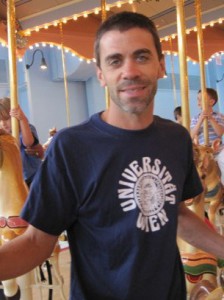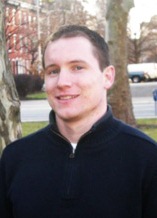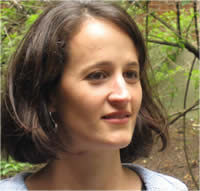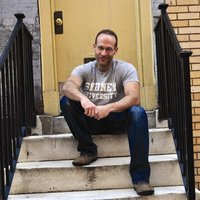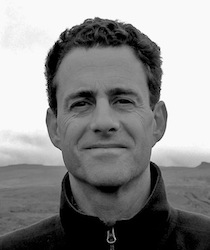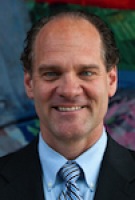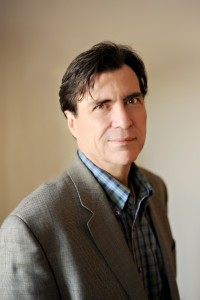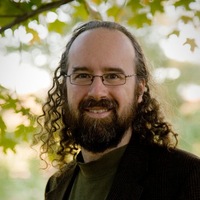[ensemblevideo contentid=ShFeYYkMQEyuuFFId1FyjA audio=true showcaptions=true displayAnnotations=true displayattachments=true audioPreviewImage=true]
Introducin’ Kevine Varrone, baseball bardster over iTunes way five and a quarter ounces avoirdupois leaving his ancestral home: Goodin, Strawberry, Casey Stengall amazing a walk is as good as a hit we used to say that’ll be a rope in the boxscore Pete Gray Nanticoke brief bloom back to cobblestone streets city of hills & stars & sky & all of it falling or held in the firmament somewhere beyond the outfield fence Center City rises up as the light fades waiting, sea gulls, plastic bags the eephus turns instinct on its ear (1-3) a country life & estate Penn wrote to his wife Sacrificing, converting, teaching, mixing, blending, bleeding it seems odd don’t you think that we run the bases clockwise & inconceivable to do so my sister is a Red Sox fan a glove should feel like an extension of yr hand my dad used to say an experimental poet, everyone reads even the kids Bill Lee, Mark Fidrych, Harry O’Neill rewriting history is is pretty much what baseball is all about in 1964 the mets began playing at shea stadium walking through the Italian Market Paul stunned it was light in 1945 a throw by athletics outfielder hal peck hit a pigeon flying over fenway park does my sister know this, how could she our world is just a hanging curveball bill lee sd the eephus is a quaker pitch read, listen, extras, subplots edgar alllan poe in most reckonings the world begins in thinking & action is a derivative miracle Kevin Varrone made history when he spoke to Fred Rowland & then god said when did it become night
[bolded italics by Kevin Varrone, plain print by Fred Rowland]
Audio Embed Code

